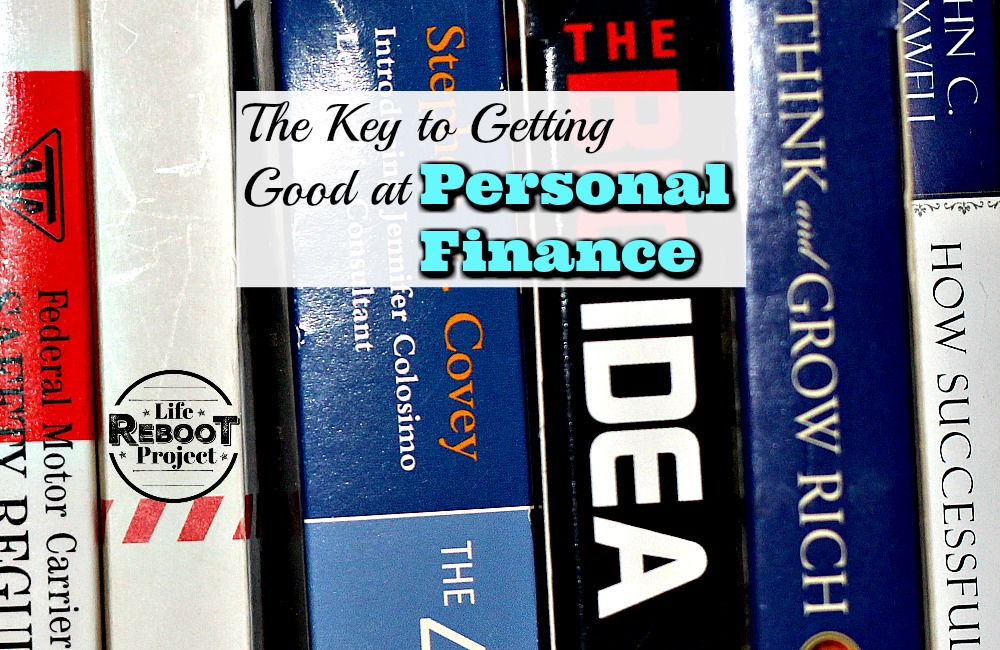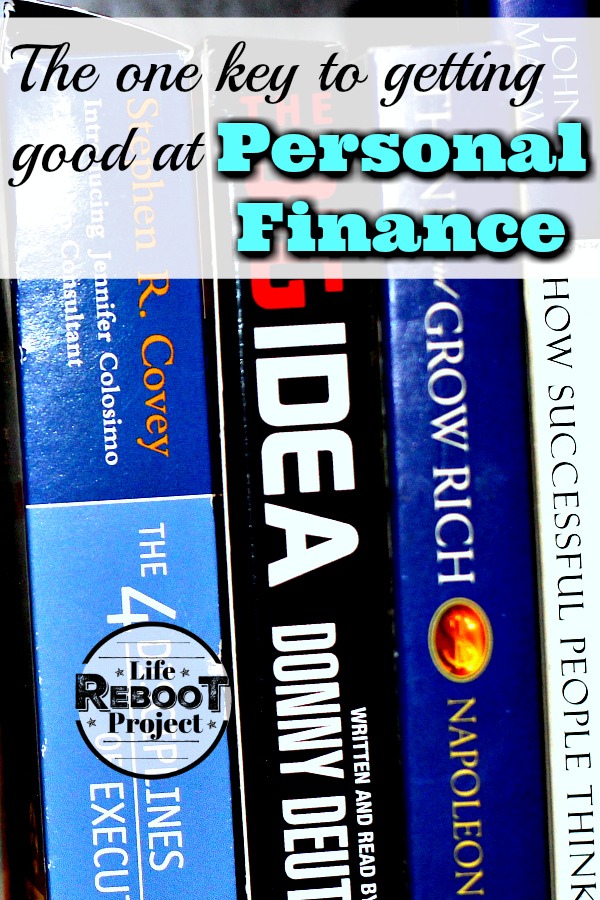
This article may contain some affiliate links. I may earn a small commission if you purchase through these links.
The key to getting great at personal finance is the same key to getting great at just about anything; immersion. I’m not saying you need to dig in so deep that every other word out of your mouth is related to money, but to get great, it needs to be part of your everyday life.
I don’t think you need to immerse yourself just to pay off debt and put a little savings in the bank, but to retire early and get financially free, I think it’s essential.
Getting Good at Personal Finance; Reading magazines and newspapers.
Reading magazines and newspapers seems obvious, but unless you are hardcore, most of them out there will just bore you. You’ll lose interest and just quit. So, before you go tearing into the next issue of Barrons, here are a couple of suggestions just to get your feet wet.
The first one I’d start with is Kiplinger. Kiplinger has a mix of info that is hardcore finance all the way down to some articles even newbies can enjoy.
You don’t have to read everything, but read what you like and leave what doesn’t. This is also where I need to take a little interlude and give you a sales pitch for the local library. The local library should be your discovery stop before you spend money on a subscription. I’d read at least the first couple of months there.
If it appeals to you and you’d like to get it at home, so be it. But, I wouldn’t go running out and spend money on a subscription before you at least get a couple of months under your belt.
The next one I like to read is Money magazine. This one is still a pretty basic read and can have some pretty good articles for the beginner money person, especially if you need to pay down some debt.
They often have some pretty good reads about that. The next one I’d suggest to just dig through a little is the Wall Street Journal. Here is the catch with the Journal though, don’t think you need to read it all, all the time.
Much of what is in there is not for beginners. Skim through a free copy at the library and only read what interests you. Much of what is in there still bores me, but if you find things you like, it will give you an overview of what is happening in the financial world every day.
Getting Good at Personal Finance; Take the initial steps and get your bank accounts in line.
There are too many people who I don’t think have their bank accounts set up to work well for them. I’m a security freak, so I like to make sure I’m well diversified in several accounts and have a debit card only attached to an account with very little money.
With the amount of debit card fraud in the world, I don’t want to lose the money or even get put in a position where I have to spend time getting lost money back. Only put enough in an account your debit card is attached to last you a week or two worth of expenses. You can always go in and move money around, but it will be time-consuming and frustrating if something does happen.
I’m also not a fan of overdraft protection because it often leads to fees. I prefer to have no-fee accounts and really keep good track of what you have in there and what is going in and out. Leave yourself a little cushion until you get good at moving money around.
I mentioned it briefly above, but make sure you are not paying any fees for anything. If you need to keep minimums in there to avoid fees, so be it, but there are a ton of institutions now offering ‘no fee’ accounts. You shouldn’t need to pay someone to hold onto your money.
Getting Good at Personal Finance; Read or listen to audiobooks on money and investing.
I like audiobooks because you can passively listen to them as you are doing other things. I listen mainly in my car as I’m running errands or on trips. The downside is that they are a little more expensive than a regular book. And, Barnes and Noble won’t let you camp out listening to audiobooks for free all day.
The one I got hooked on lately is the one by Tony Robbins; Money, Master the Game.
This is a good read. I have it on audiobook and hardcover. It covers everything from figuring out where you are financially and what you need to retire; to interviews about money from some of the best financial minds in the business. It’s a fun read or listen.
Another timeless classic is The Millionaire Next Door. This is probably a must-read primer just to get your feet wet.
Financial Freedom; Read financial blogs or listen to podcasts.
I’ll forgo the shameless plug since you are already on my blog reading away, but there are a ton of excellent blogs and podcasts out there to immerse yourself in.
Here are a few of the ones I like besides my own of course.
These blogs not only provide facts about money, but they can also shed real-life experiences on how they deal with money and use it to create a lifestyle they want to live. That is, by the way, why we all concentrate on money right? Money is just a tool to create the type of lifestyle you want to live. Money is not the end game; it is just a tool to get you where you want to be. Ok, now that we are all on the same page, let’s press on.
Getting Good at Personal Finance; Don’t compare yourself to others.
This always seems to be the most significant factor holding people back. It’s like poison to the umpteenth degree. Please, please, please, don’t get caught up in this trap. Everyone has their beginning, and everyone starts from a different place. All circumstances are different.
Some people may have more debt than others, a higher cost of living, or have less of a threshold for pain.
By pain I mean the amount of pain they are willing to endure now to create financial independence sooner in the future. I’ve seen people who won’t own cars and either walk or bike everywhere they go.
This isn’t for me. And it might not be for you either. Just don’t fall into the trap of comparing yourself to others and getting discouraged when it appears they are doing way better. Everyone has their path and their own pace. Just keep moving at your speed.
I’m not sure if there is a set of rules you need to follow to achieve your financial goals. It seems there are so many variables in getting financially free, it just needs to be everyone’s journey. There are some common-sense rules you’ll figure out along the way.
The one rule I know for a fact that works is the rule of immersion. The further you immerse yourself in a topic, the better you will be.
Til next time,
Kevin

